27.08.2021
The Saas-Fee workshop
Climate Change and Mountain Risks in the European Alps – from Recognition to Management
SAAS-FEE, SWITZERLAND, AUGUST 23-27, 2021
The Saas-Fee workshop
The Saas-Fee meetings are annual events that focus on topics dealing with Climate Change Impacts and Risks in the Anthropocene, and are organized by the C-CIA research team at the Institute for Environmental Sciences of the University of Geneva, Switzerland.
The 2021 workshop will be dedicated to the impacts of climate change on natural hazards.
Climate change has widespread impacts on mountain environments. Increasingly warmer air and ground temperatures have already led (and still do so at an increasingly faster rate) to massive glacier retreat and thawing of permafrost. Further, a warmer atmosphere can hold more moisture and thus also increases the frequency of intense precipitation events. The steep and fragile environments of the European Alps are quick responders to the fast and well-perceptible climatic changes, and there is growing evidence of an increased frequency and magnitude of landslide processes and related cascading effects. Such phenomena impact the livelihoods and the environment, and therefore attract growing attention of residents, scientists and risk managers alike.
For millennia, rockslides, rockfalls, landslides, debris flows, floods and snow avalanches have shaped inhabited landscapes in use across the Alps. Settlements have been limited to areas considered least exposed to these processes by traditional societies. Nonetheless, major natural disasters have occurred in the form of snow avalanches, floods or various kinds of landslide processes in the past. During the second half of the 20th century, various mountain settlements have grown substantially thanks to flourishing tourism, industrialization and a diversification of the local job markets. As a result of all the socio-economic and climatic changes, the human and economic costs of natural disasters have been compounded, a trend that is likely to accelerate in a further warming climate. The Saas-Fee 2021 workshop will be a forum to discuss the anticipated impacts of continued climate change on natural disaster risk among the scientific community, working across different disciplines to strengthen our capacity to anticipate future risks and to prevent upcoming disasters, as well as to develop solutions based on the cooperation among local populations, enterprises, and governments.
The proposed Saas-Fee 2021 Workshop thus aims at bringing together experts with natural and social science as well as environmental engineering backgrounds to discuss implications of climate change on natural hazards and the related risks across the European Alps. The focus of the workshop will be on mass movement processes originating from the changing cryosphere (all types of landslides, but also snow avalanches). In addition to enhancing scientific knowledge with case studies of recent or expected events, we also invite presentations suggesting adaptation strategies and policy guidance. The workshop will also look into possible methods on how to reduce disaster risk by looking at measures including spatial planning, protection forests, early-warning systems as well as organizational measures, protective structures or awareness-building.
The workshop is organized to leave ample time for discussions and personal exchanges. Oral presentations will be planned in the mornings, followed by moderated panel discussions in the late afternoon. The afternoons are reserved for bilateral discussions or leisure activities in and around Saas-Fee.
It is a tradition of such workshops (formerly held in Riederalp) to consider:
- publication of a special issue in a leading journal with selected papers from the meeting
- publication of community papers on emerging issues in the field
- development of an interdisciplinary and international project (EU funding or otherwise) based on recommendations formulated at the meeting.
Cover image by Susanne Jutzeler.

